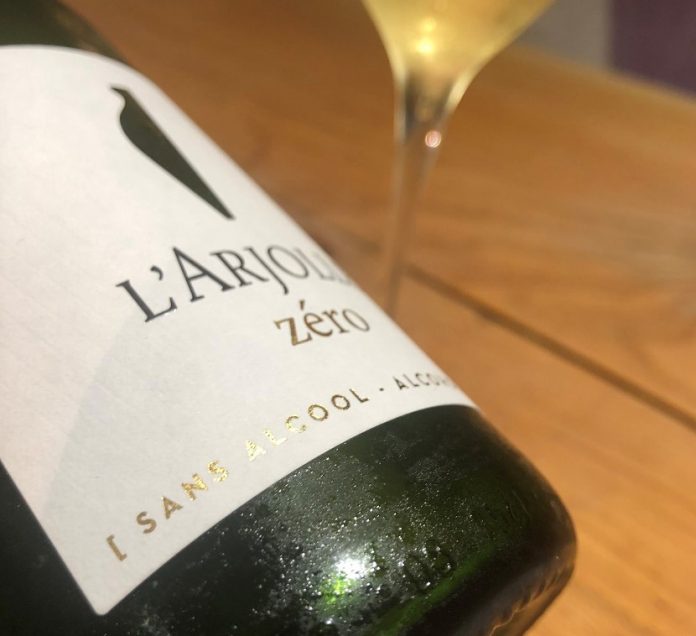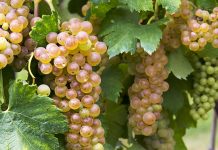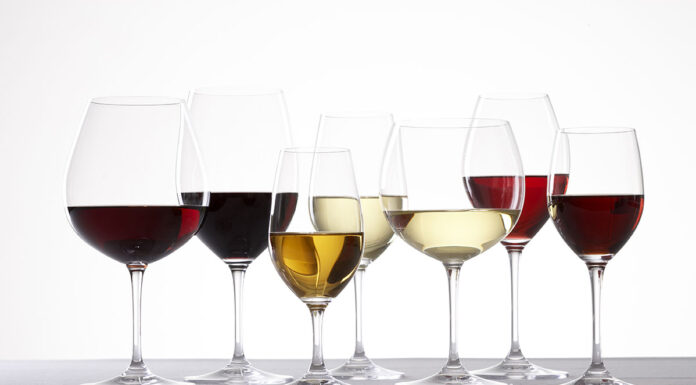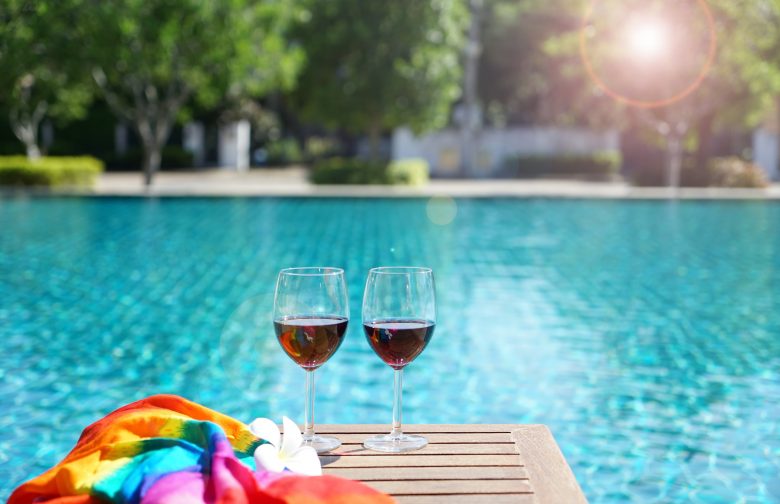At a time when everybody is getting ready to celebrate, we decided to take a look at non-alcoholic wine. It is true that alcohol is not a necessary component of a successful evening. But what about our interest in wine? Do we necessarily look for the effect of alcohol when we taste wine?
What is the definition of wine?
Wine, if we could define it succinctly, is the product of fermented grapes or grape juice. By fermented we mean the process of alcoholic fermentation during which the yeasts will convert the sugars into alcohol.
However, French law also adds to the definition of “wine” an alcohol content that must be higher than 7%, or even 8.5%, depending on the specifications. Within the framework of Geographical Indications, and in particular AOCs, this is even stricter. For example, to enter the AOC Bordeaux, the minimum required is 10% vol. It is generally this percentage that is expected in the AOC.
In order to be qualified as a wine, it is necessary to respect these points which are strictly regulated. A non-alcoholic wine cannot therefore benefit from the system of appellations. In fact, one cannot put the mention “wine” without alcohol on the label of these products. The alternative is to talk about grape varieties and to specify the process “from de-alcoholized wine”.
How is non-alcoholic wine made?
To produce a wine without alcohol, it will be necessary to produce a wine according to the traditional method of fermentation. There are then different techniques to deal with the alcohol content of a wine:
- Removing alcohol by evaporation through different processes such as distillation or reverse osmosis. However, the European law limits to 2% the alcoholic percentage that can be removed by this method. This can be done hot, cold, or in vacuum atmosphere. It should be noted that there is still alcohol in a wine that is said to be dealcoholized.
- Remove the sugar contained in the grape juice before the alcoholic fermentation and select yeasts that produce less alcohol.
What does a non-alcoholic wine taste like?
What is undeniable is that there is a loss of aroma when the wine is de-alcoholized. Especially if you choose to remove the alcohol by heating the wine. Some people add sugar or flavors to compensate but this disturbs the overall balance of the wine.
There are non-alcoholic wines of all types, white, red, rosé and sparkling. But currently the results of a non-alcoholic wine from the perspective of quality are not yet fully satisfactory in the opinion of those who have already tasted it. But this niche market is growing. Let’s bet that in the years to come, non-alcoholic wines will gain in balance! Moreover, the French Institute of Vine and Wine has been studying this subject for several years now.
Why and for whom to make non-alcoholic wine?
Does this seem meaningless to you? And yet! The concept of alcohol-free wines would be to offer the many advantages of this drink, while seeking to eliminate its harmful effects. Alcohol, as we know, is the cause of many dramas. It is reported that nearly 3 million people die from it every year. This is a huge and absolutely appalling thing.
Non-alcoholic wines, in the pure idea, could be indeed a solution to fight against this, while allowing to offer the tasting of your favorite grape variety! Moreover, the proven health benefits of polyphenols (contained mainly in tannins), with natural antioxidant properties, would be preserved.
In addition, non-alcoholic wine has been developed and is particularly suitable for diabetics and pregnant women, but also for all those who wish to limit their alcohol consumption. Alcohol-free wine is also much lower in calories and therefore allows people who want to watch their weight to consume wine while limiting their calorie intake.
As you can see, on paper, alcohol-free wines have many strong points to develop and even be encouraged!
Is non-alcoholic wine easy to find?
Today, some products can be found in supermarkets. Online sites specialized in non-alcoholic wines have also emerged in recent years. On the other hand, we have not yet seen any real development in wine shops. Some might even find the question impertinent! Even with the big iconic brands, the alcohol-free version is still far from being a standard. And yet it is likely that this is a serious opportunity to be explored. Imagine high quality wines that no longer raise safety and health concerns? The potential market would be enormous!
What do we think about non-alcoholic wine?
At Aveine we love wine and especially wines that are balanced. For us, alcohol is a constituent of wine and plays a role in this balance. It can offer an ageing potential, a potential of evolution, to the wines that we wish to see last in time. We are particularly sensitive to this notion of balance. And this applies to all, whether it is a normal wine, a de-alcoholized wine, or any other product. This is the main issue.
We do not necessarily drink wine to be under the influence of alcohol. We drink wine for its different characteristics, its fragrance, its beauty, its history. Being “happy” can be a plus in some cases but is not our goal. To this day we have not found an non-alcoholic wine that touched us. However, we will always be open to tasting new ones! So don’t hesitate to let us know in the comments. Whatever the alcohol level, if the result touches us, we will always be happy to tell you about it… with passion!







